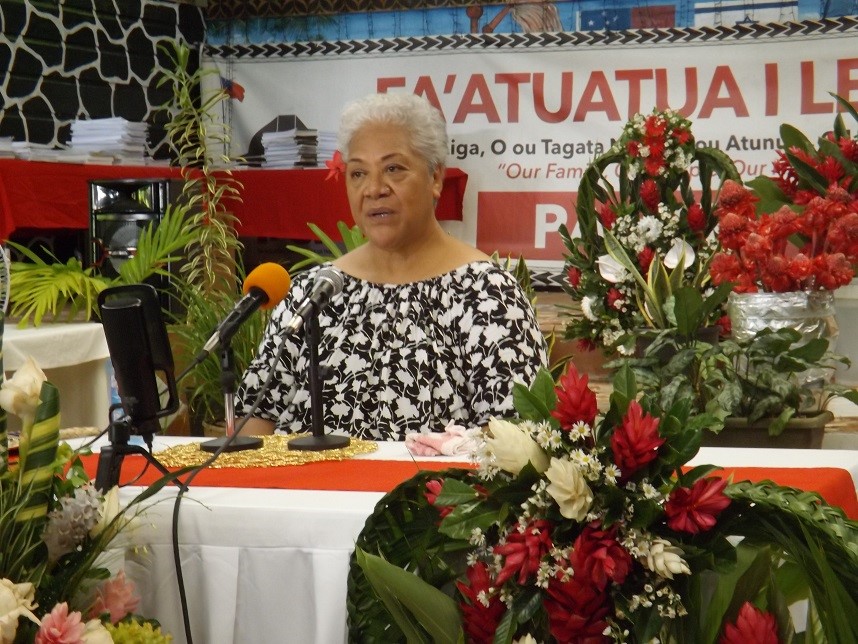By Monica Miller
Almost two months after voters in Samoa went to the polls to elect a new Parliament , the 51 men and women whom voters picked in the 9 April general elections had still not been sworn in at the time of this writing.
After legal challenges and counter challenges by the two main political parties, the Human Rights Protection Party of caretaker Prime Minister Tuilaepa Sailele Malielegaoi and Faatuatua i le Atua Samoa ua Tasi , FAST Party, led by the would-be first female Prime Minister of Samoa, Fiame Naomi Mataafa, things looked . . .
Please Subscribe to view full content...
